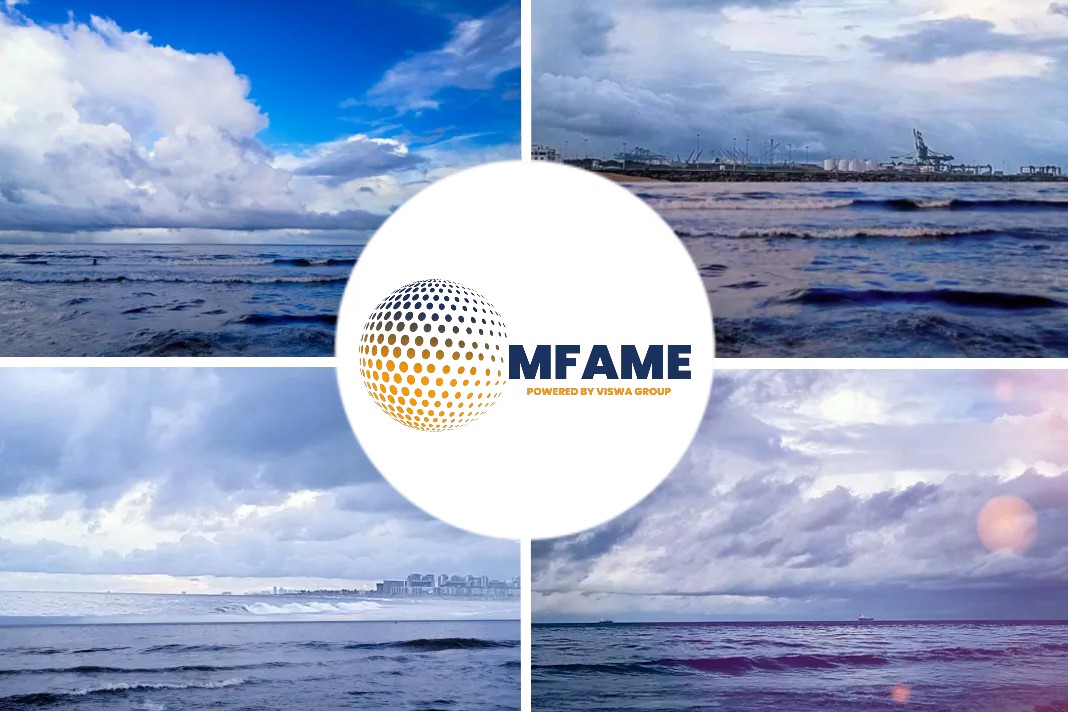- The first of three LNG battery hybrid PCTCs commissioned by UECC was launched in an official ceremony Monday 12 April at the Jiangnan Shipyard in Shanghai.
- The remaining two vessels are scheduled for delivery in 2022.
According to a press release published by UECC, in a major step toward achieving sustainable shipping, the first of three LNG battery hybrid PCTCs commissioned by United European Car Carriers (UECC) was launched in an official ceremony Monday 12 April at the Jiangnan Shipyard in Shanghai and the remaining two vessels are scheduled for delivery in 2022.
CEO’s Concern
“With the launch of our first LNG battery hybrid PCTC, we are ushering in a new era for UECC and short sea shipping in Europe,” says Glenn Edvardsen, CEO in UECC. “These ships prove that decarbonization of the industry is possible using currently available technologies.”
Reaching IMO Target Plans
The new UECC PCTCs are built to the latest energy efficiency criteria, meeting the Tier 3 IMO NOx emission limitations in place for the Baltic and North Sea. All three will be equipped with battery hybrid solutions that will enable UECC to far exceed the IMO’s target of 40 percent reduction in carbon intensity by 2030.
Sustainable battery system
“The introduction of batteries is an excellent demonstration of our deepening commitment to next-generation sustainability,” Edvardsen says. Battery power on the new vessels will improve operational efficiency and further reduce emissions through peak shaving, in addition to handling partial accommodation load and driving auxiliary equipment. “Battery power also provides an option for reducing emissions while in port, a feature that more and more cities are demanding,” he notes.
DF Solutions
The ships are also equipped with dual-fuel LNG engines for main propulsion and auxiliaries. As more biofuels are set to become commercially available in the future, UECC plans to increase the proportion of carbon neutral and synthetic fuels in their future fuel mix. “We aim to be in front of the move to sustainability in shipping,” says Edvardsen. “This is the motivation behind our decision to invest in dual-fuel solutions for these newbuildings.”
Wide & Flexible Shipping
With a length overall of 169 meters, a width of 28 meters and a car carrying capacity of 3,600 units on 10 cargo decks, the new vessels are highly flexible, enabling them to accommodate a wide range of high & heavy and break-bulk cargoes, in addition to cars and trucks.
“UECC’s parent companies, NYK and Wallenius Lines, have sustainability in their DNA,” Edvardsen states. “We are proud to be able to take UECC to the next level of sustainable shipping with their support.”
Did you subscribe to our daily newsletter?
It’s Free! Click here to Subscribe!
Source : UECC

















